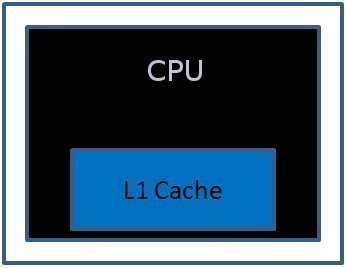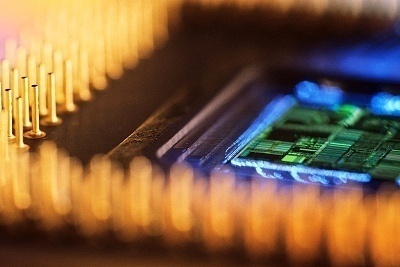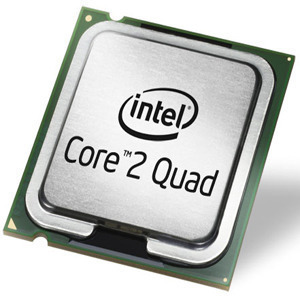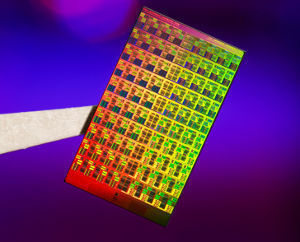The L1 cache refers to the first tier in a computer processor’s memory cache system that increases the speed at which the processor delivers results to the user. The L1 cache sits between the processor and the computer’s RAM (Random Access Memory) and stores the user’s most accessed data in order for the processor to find data quicker. The L1 cache is usually between 8 KB and 64 KB in size, making it the smallest memory cache in a multi-level cache system.
How L1 Cache Works
Because the L1 cache is so small, there is a limited amount of data that the processor must sift through before finding the appropriate file or data chunk. If the user requests data that is located on the L1 cache, the processor is able to find it and retrieve it in a fraction of the time it takes to access the other memory caches or the RAM. In a multi-level memory cache system, a computer may have L1, L2, and L3 caches that sit in between the processor and RAM and increase in size respectively.
Applications
L1 memory caches are used in most computer systems to increase the computer’s processing speed. While the L1 memory cache in personal computers is rather small, L1 memory caches in commercial hard drives and servers may be much larger or have a large number of memory caches, depending on the specific computer system’s requirements. For example, supercomputers often have more than three memory caches and may have as many as five or six caches that sit in between the processor and RAM.
Advantages
L1 memory caches are advantageous because they decrease the amount of time it takes for a processor to locate and retrieve a given file or data chunk that the user or CPU requests. While L1 caches may not be large enough to hold a significant amount of data, they can store the file or data chunk locations so that the processor can immediately locate the file in the appropriate folder rather than search through each cache and storage device on the computer.




Follow Us!